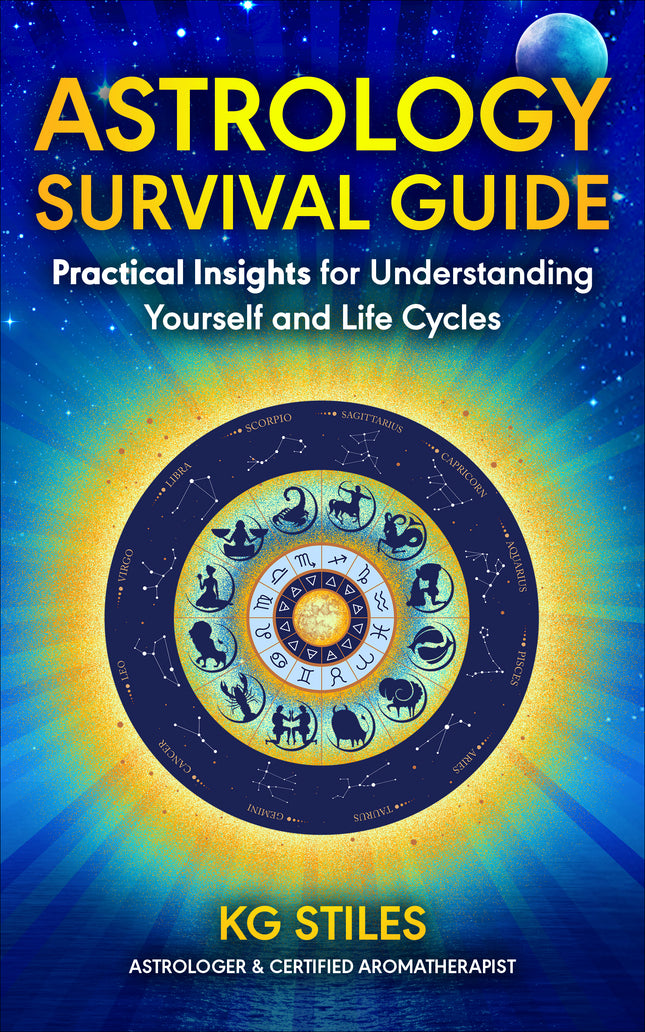 A study conducted to screen for ‘Antiviral Activities of Isolated Compounds from Essential Oils’ found that the “sesquiterpene hydrocarbon β-caryophyllene is the most active antiviral compound.”
A study conducted to screen for ‘Antiviral Activities of Isolated Compounds from Essential Oils’ found that the “sesquiterpene hydrocarbon β-caryophyllene is the most active antiviral compound.” Caryophyllene (or β-Caryophyllene) - is a spicy, peppery terpene found in many different edible plants. Often mentioned as a terpene found in cannabis, beta-caryophyllene (BCP), is one of more than 30,000 terpenes found in nature.
BCP is found in many essential oils. It is found most notably in black pepper, basil, oregano, lavender, rosemary, cinnamon, ylang ylang, and clove.
Let’s look at current research for each of these essential oils further showing their efficacy in practical application.
Black Pepper (Piper nigrum)
A study showed that Black Pepper Essential Oil (BPEO) “affects many important genes and signaling pathways closely related to metabolism, inflammation, tissue remodeling, and cancer signaling.” Concluding that BPEO “appears to be a good therapeutic candidate for a variety of health conditions including wound care and metabolic diseases, i.e. diabetes type 2, heart disease, stroke and some cancers.
Basil (Ocimum basilicum ‘linalool’)
Comparative studies were conducted on the activity of basil essential oil against multi-drug resistant strains of Staphylococcus, Enterococcus and Pseudomonas. These studies showed “a strong inhibitory effect of basil on the test bacteria.” The study cited that the “bacteria chosen for testing are widespread and pose serious therapeutic difficulties because of their high level of resistance.” Concluding, for this reason, that the results obtained were considered encouraging.
Oregano (Origanum vulgare)
A review of many studies that have been conducted on oregano oil, already widely recognized for its “antimicrobial activity, as well as its antiviral and antifungal properties,” cited recent investigations demonstrating that oregano compounds are also "potent antioxidant, anti-inflammatory, anti-diabetic and cancer suppressor agents.” The systemic review concluded that oregano oil “might be considered for developing new components and natural drugs that can be used to treat or prevent several diseases of worldwide importance, such as diabetes and cancer.”
Lavender (Lavandula angustifolia)
A study conducted on Lavender Essential Oil (LEO) suggest that LEO has antiedematogenic activity (prevents swelling) and possesses an anti-inflammatory activity.
Rosemary (Rosmarinus officinalis)
In September 2020 a report was published from a systemic review on rosemary essential oil authenticating that rosemary is “a worthy source for curing inflammation, analgesic, anti-anxiety, and memory boosting.”
Cinnamon (Cinnamomum zeylanicum)
A study was conducted on the use of Cinnamon zeylanicum as a potential alternative to antibiotics in poultry. The study cited that the removal of antibiotic growth promoters as feed additives in poultry nutrition is growing worldwide which is “compelling researchers to find safe alternatives” to conventional therapeutics. The study’s major findings “indicate that the supplementation of cinnamon essential oil extracts as feed additives in poultry diets have beneficial effects on the "performance, hypocholesterolaemic (cholesterol lowering), antioxidant activity, immunity and microbiological aspects," i.e. virus, bacteria, fungi. The study concluded that, “it is clear that cinnamon can be used as a potential alternative to antibiotics for more safety in the health, environmental and economic aspects of poultry industries.”
Ylang Ylang (Cananga odorata)
A study, conducted on Ylang Ylang Oil (YYO) to reverse anxiety, showed positive on test subject's response with odor exposure. The study concluded that the anxiolytic effect of YYO was associated with stimulating the “pathway in the hippocampus and relevant to the serotonin system.” The hippocampus is thought to be “principally involved in storing long-term memories and in making those memories resistant to forgetting.”
Research also shows that ‘learning’ stimulates the growth and survival of new hippocampus neurons. By continuing to learn throughout your life you can promote the growth of new brain cells and create new ‘healthy’ memories to replace negative memories and experiences you may have had earlier in life.
Clove (Eugenia caryophyllata)
Studies on the anti-inflammatory effect of Clove Essential Oil (CEO) provided important evidence that CEO “induced anti-inflammatory and tissue remodelling activity (stimulated new cell growth) in human dermal fibroblasts.” The study also supported CEO’s “anticancer properties.”
READ Related Article, Top 10 Anti-microbial Oils by Chemistry +EO Hand Cleaner Recipe.




Leave a comment